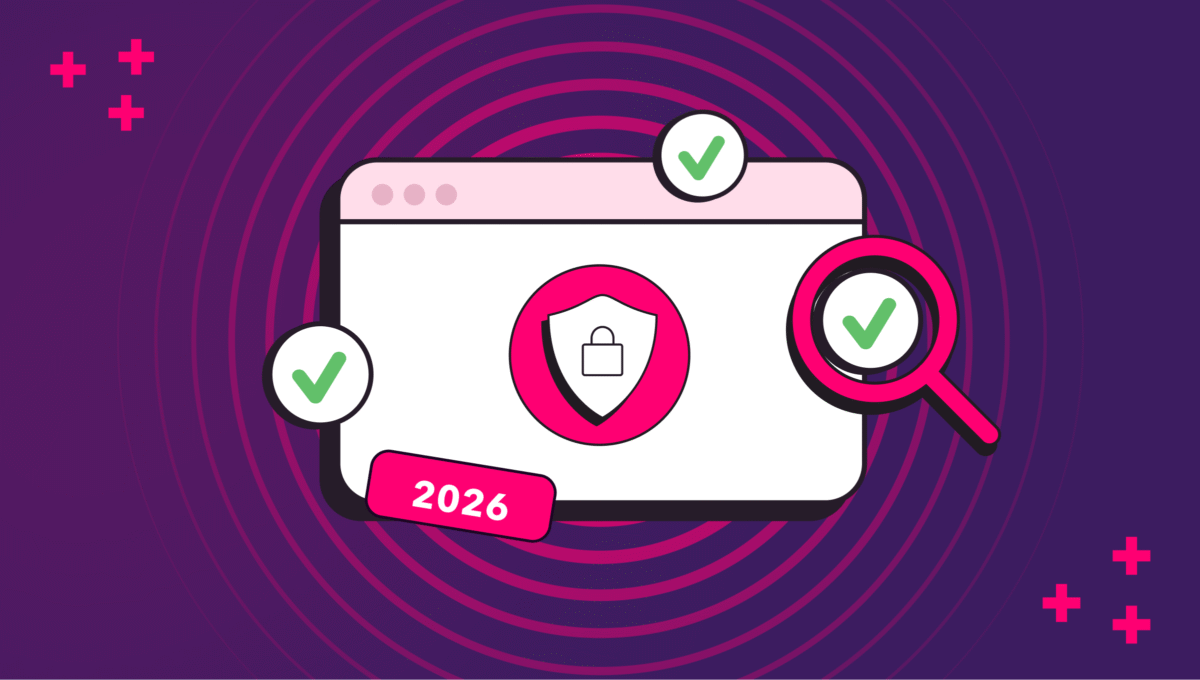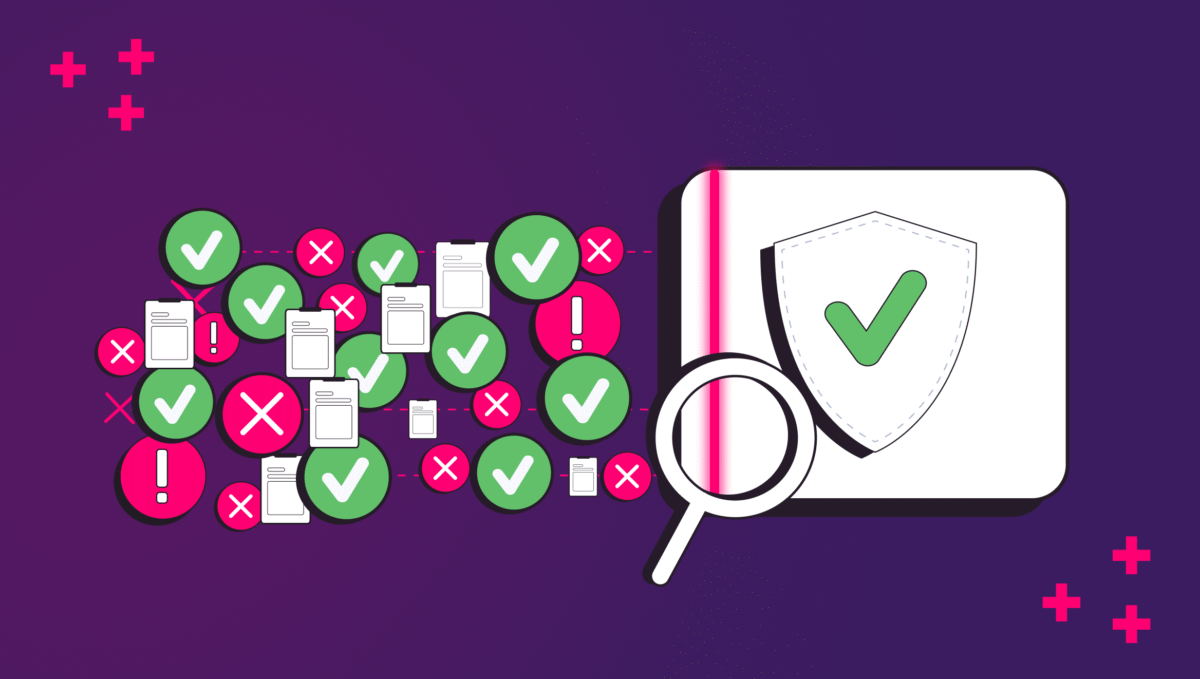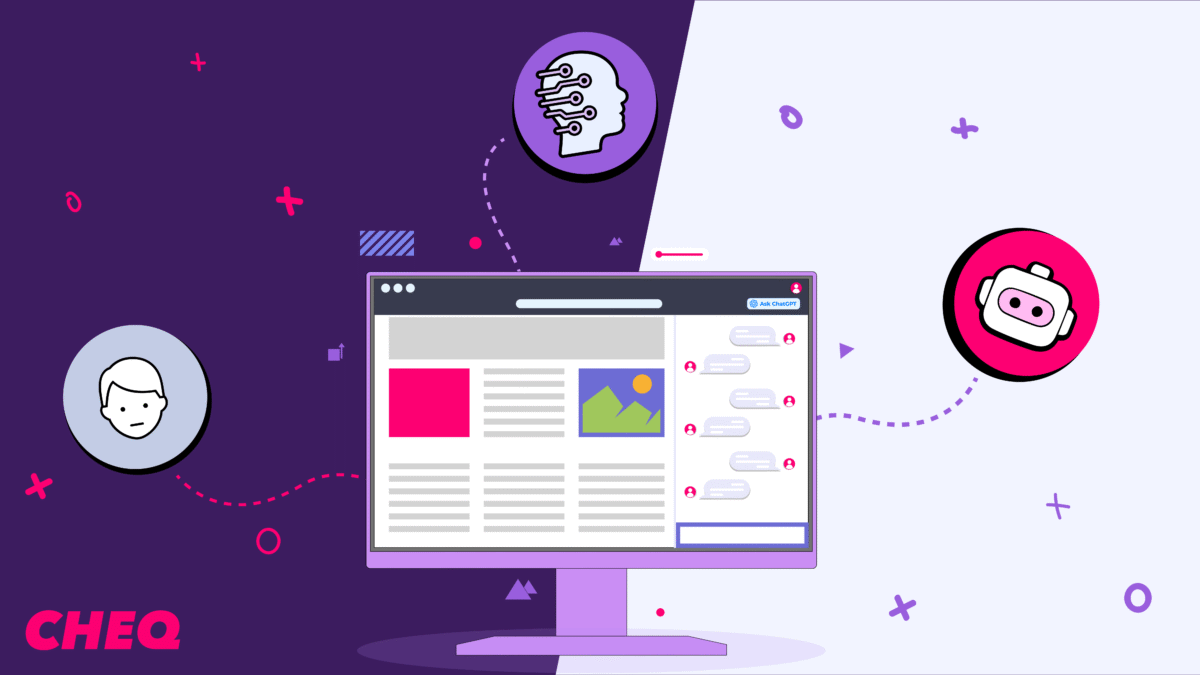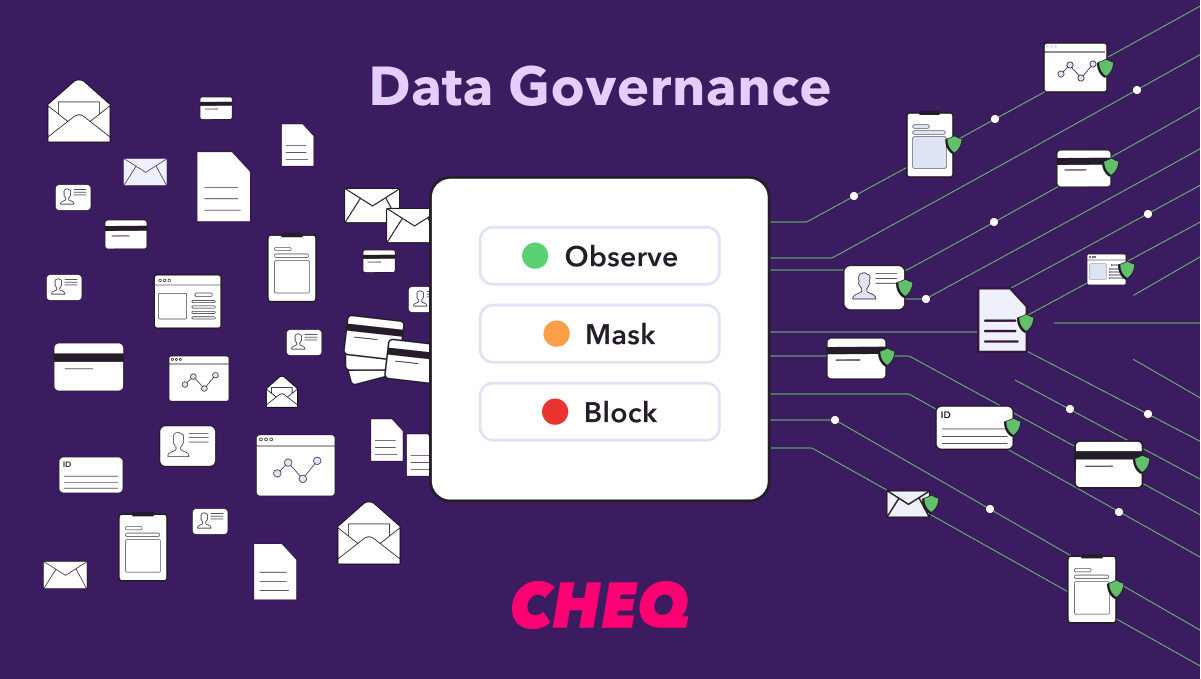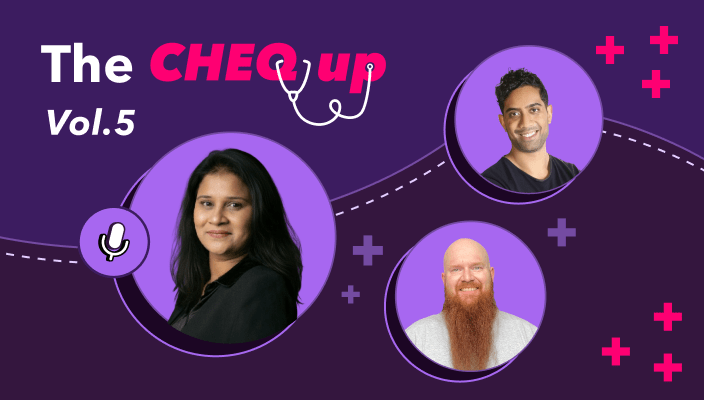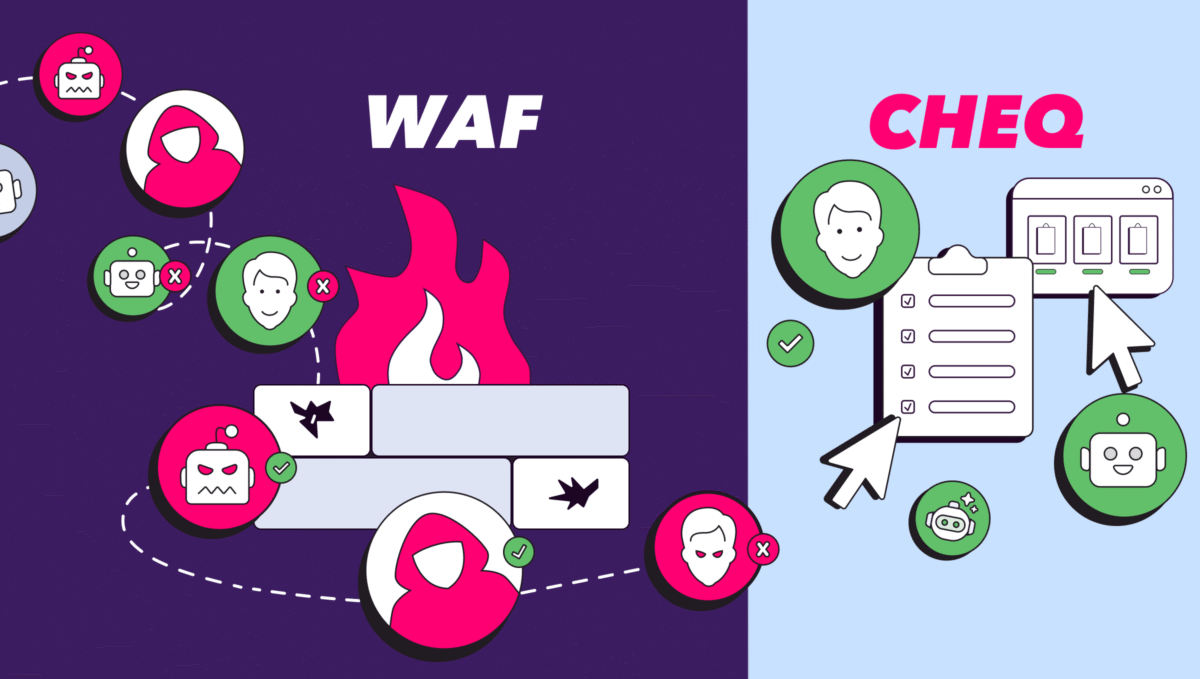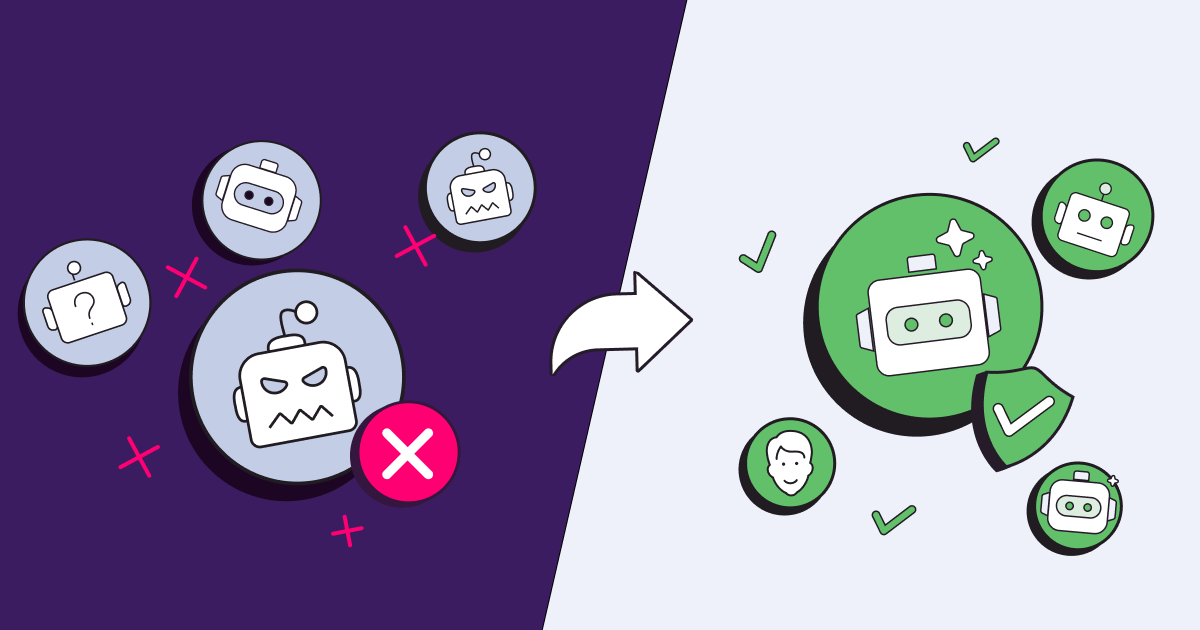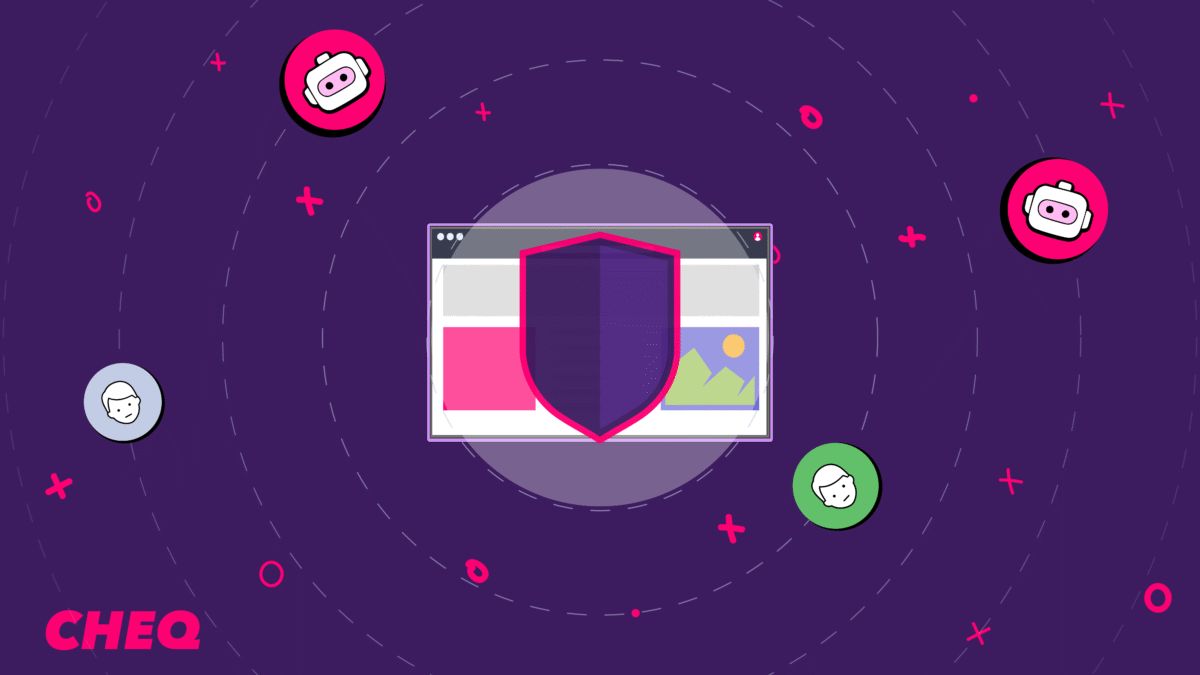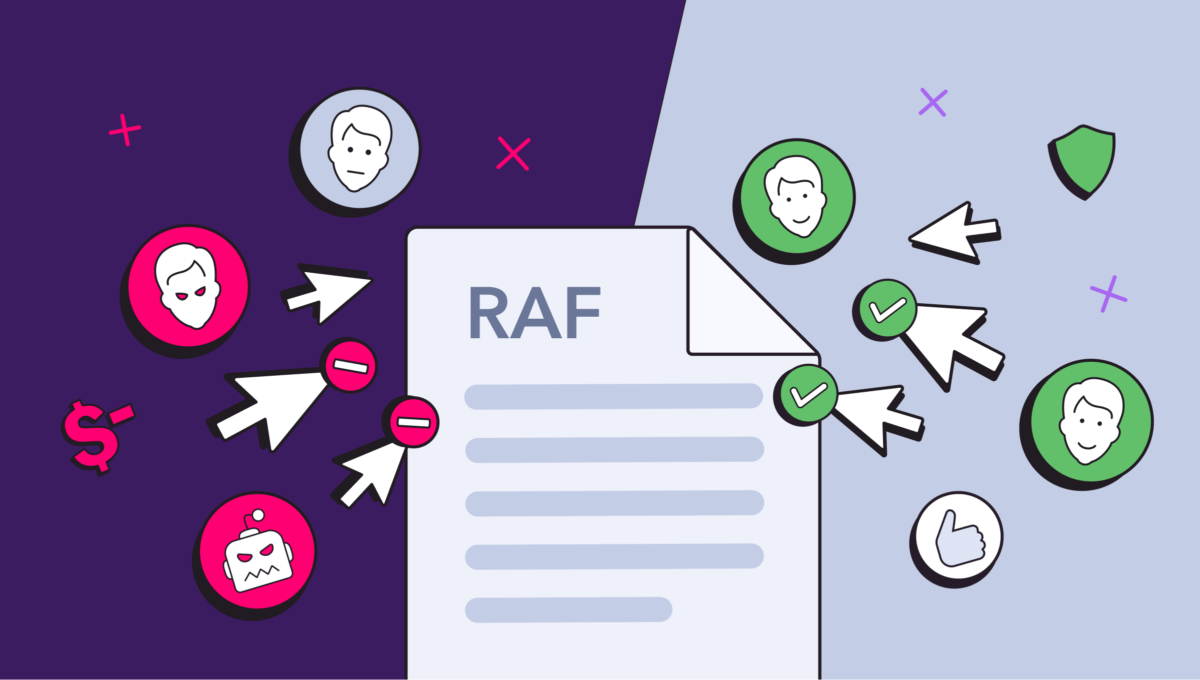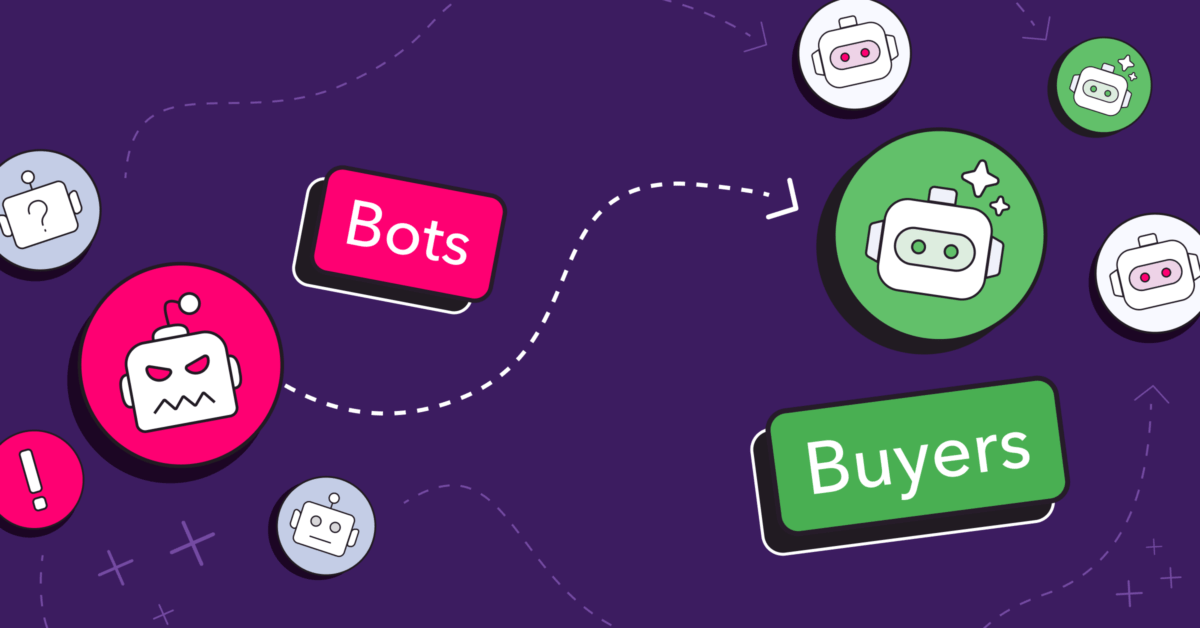The CHEQ Up | Vol. 3 | Headlines & Health: Decoding Healthline’s Record‑Breaking CCPA Settlement
Jamie Vinkle
|Privacy & Compliance | August 18, 2025

Welcome Back to The CHEQ Up
Your authoritative guide to the evolving landscape of privacy enforcement and data governance. In this issue, we unpack the California AG’s landmark $1.55 million settlement with Healthline—an illuminating case that illustrates how even leading publishers can get tripped by non-compliance with consent and data controls.
What Really Happened with Healthline
On July 1, 2025, California Attorney General Rob Bonta announced a $1.55 million settlement with Healthline Media LLC—marking the largest CCPA penalty to date—for alleged violations involving their website tracking and data-sharing practices, investigators found:
Opt-out mechanisms Didn’t Work
Despite users clicking “Do Not Sell or Share” or utilizing the Global Privacy Control (GPC), Healthline continued transmitting personal identifiers, tracker data, and even real-time article titles to advertising partners
Sensitive Health Information Was Shared
Article titles like “You’ve Been Newly Diagnosed with MS. What’s Next?” were broadcast to third parties. Such titles directly infer diagnoses—crossing into the realm of “sensitive personal data”
Contracts Lacked Safeguards
Healthline failed to enforce CCPA-mandated contractual terms with adtech vendors. Many partners weren’t in the IAB’s opt-out framework, and contracts used vague language like “any business purpose” rather than specifying usage limits
Misleading Consent Banner
The cookie banner claimed to disable tracking when users opted out. However, tracking persisted, constituting deceptive practices under California’s Unfair Competition Law
Breaking the Violations Down
Non-functional opt-outs
Despite multiple opt-out channels—including a “Do Not Sell or Share” link, GPC signals, and cookie banner controls—Healthline’s trackers remained active. Investigators captured actual targeted ads following disease-related article views, confirming opt-outs were ignored
Purpose limitation breached
CCPA restricts data use to declared purposes. Sharing article titles with personalized content allowed adtech partners to infer health conditions—leaping far beyond reasonable expectations and policy disclosures
Flawed vendor contracts
Without proper contractual terms requiring vendors to abide by CCPA limits and respect user privacy signals, Healthline was held accountable for downstream data misuse—even if it wasn’t directly responsible
Deceptive UX elements
The consent banner misrepresented functionality: clicking to disable cookies didn’t work. That contradiction was flagged as deceptive under Unfair Competition Law
What the settlement requires
Pending court approval, Healthline must:
- Pay $1.55 million into California’s Consumer Privacy Fund
- Ensure opt-out mechanisms work in real-time—including GPC and banner controls
- Stop sharing diagnostic-inferencing article titles
- Undertake annual contractual audits for all adtech vendors
- Maintain a CCPA compliance program with public reporting and technical testing
Additionally, a permanent injunction prohibits future sharing of health-related article titles and mandates accurate privacy disclosures.
Why this case matters
- Largest CCPA Settlement Yet: Surpassing earlier cases (Sephora, DoorDash), this marks a new high in penalty scale.
- Sensitive Data in Focus: The case spotlights how sharing innocuous page visits can inadvertently expose health details.
- Opt-Outs Must Actually Work: Regulatory scrutiny now includes testing whether tools truly disable data sharing.
- Vendor Oversight is Non-Negotiable: Companies are no longer shielded by approved frameworks—they must audit and enforce downstream compliance.
Key takeaways for businesses
Test and Validate Opt-Outs
Click through banners, GPC, and preference links—then monitor network traffic to verify trackers are disabled.
Consider Content Sensitivity
Even article titles can reveal medical conditions. Map what data is shared and assess sensitivity.
Audit Vendor Contracts
Require contracts that specifically honor opt-out signals, purpose limits, and data usage boundaries.
Fix UX Misrepresentations
Ensure consent controls do what they promise—misleading banners can trigger UCL violation.
Final word
Healthline’s settlement represents a turning point. Privacy regulators are no longer forgiving of non-functional compliance. Promises must translate into technological enforcement, not just policy or UX design.
Privacy isn’t just a banner—it’s code, contracts, and continuous validation. As enforcement sharpens, the lesson is clear: look deeper than the interface—and closer at the data flow.

